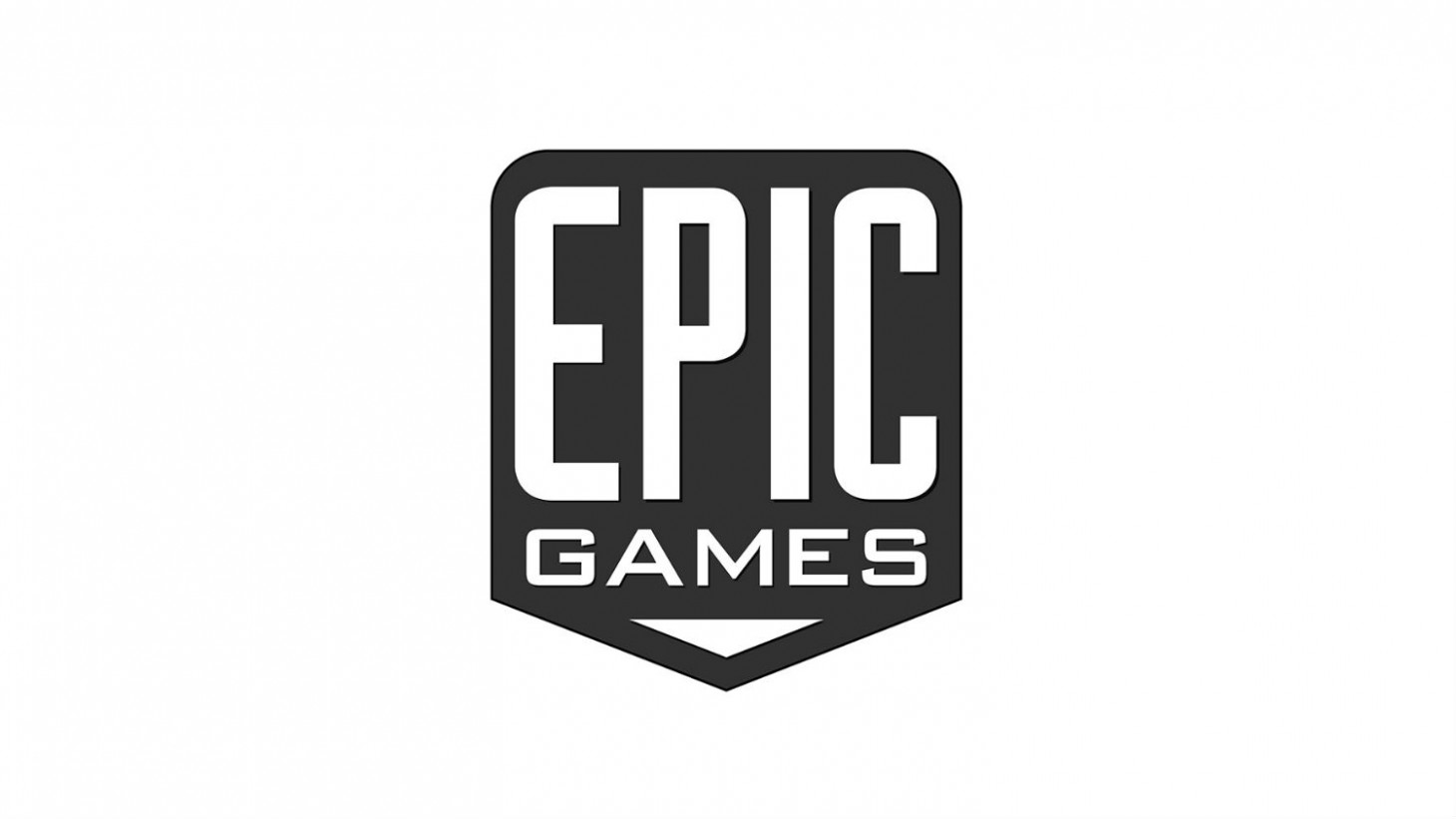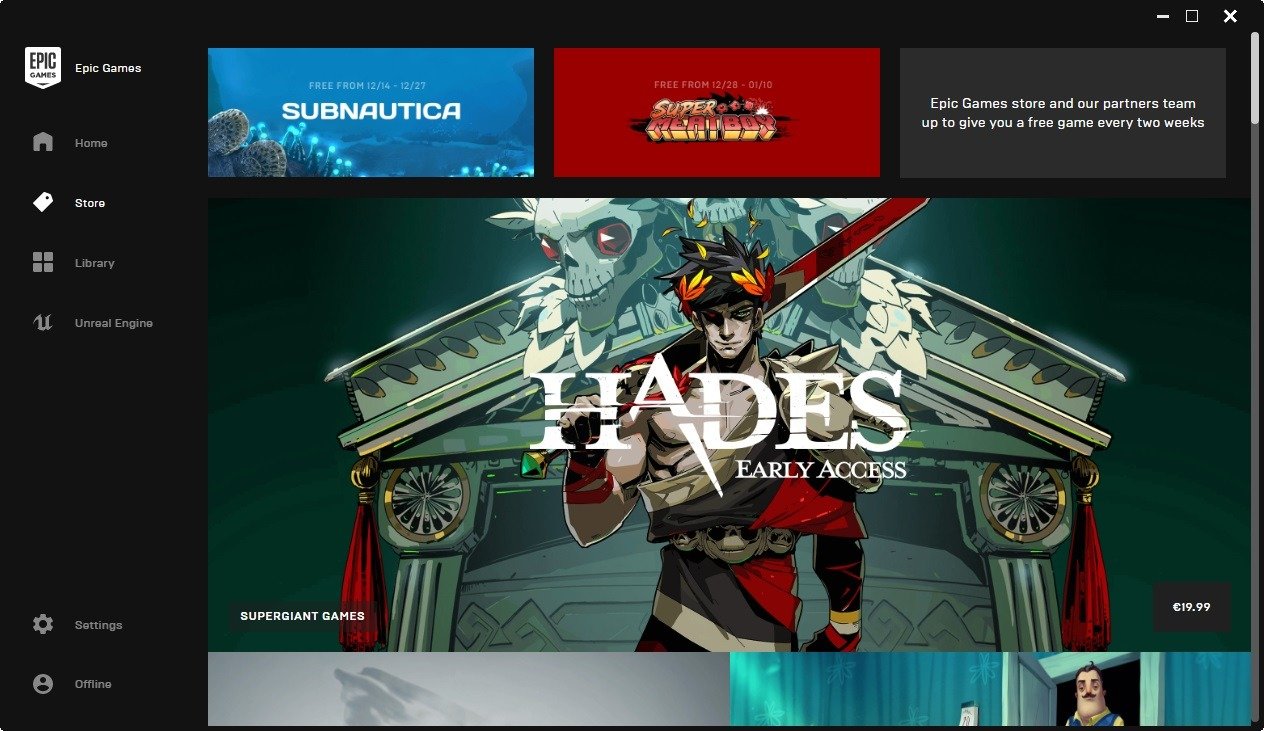Usually when two companies compete the winner is the customer. That’s what we’ve been led to believe. One company having unrivaled dominance of the market leads to stagnation in innovation. There’s no need to evolve because nothing will take my spot away. It’s a very comfortable position and train of thought to be in. Which is why competition is necessary, but competition to get your business can be a brutal battlefield.
This recently boiled over into the digital storefront market of PC gaming in an interesting and unique way. Steam which has been the top dog in digital distribution was standing as king of the hill with little to no competition. Sure, there’s uPlay, Origin, Battle.Net and a few others but these are mostly publisher owned and operated storefronts for their own products and a handful of curated other games if even that. Digital marketplaces being bankrolled by companies that could afford to set-up shop in their corner of the internet, peddle their own wares and avoid the behemoth that is Steam.

Enter Epic Games, the scrappy underdog in this fight. Epic Games, founded in 1991 by Tim Sweeney, up until recently has been involved in a very different sphere of the video game world. They’ve been busy making games and making the tools that make games. They are responsible for making the Unreal Engine, one of the predominant video game engines that developers are using this generation. Everyone from Nintendo with the recent release of Yoshi’s Crafted World on Switch to Square Enix’s recently released Kingdom Hearts 3 run on the Unreal Engine. The Unreal Engine is also used in-house for Epic’s own games, the Unreal series, Gears of War back on the Xbox 360, and Paragon which was canceled back in April of 2018.
Fornite, Epic’s most recent game, has been a runaway money train. The game breaks down into 2 modes, Save the World and Battle Royale, the latter being the money printer. The success of Fornite Battle Royale is what has allowed Epic to branch out in the ways that they are. In July of 2018, they announced that any Unreal asset makers will have a retroactive rebate due to them changing the fee structure for the Unreal Engine marketplace. Previously at a 70-30 split Epic Games changed compensation structure to 88-12 and backdated it to 2014. And in December of 2018, they announced that throughout 2019 they would be rolling out a framework that would allow developers to enable cross-platform support in the game they’re making, all for free.

In December they also announced the Epic Games Store, entering the fight to wrest control away from Steam as the de facto place to buy digital PC games. Announced December 4th, 2018 just two days before the Game Awards. They came out of the gate swinging with an unprecedented and revolutionary revenue share model that divided up everything 88-12. 88% going to developers/publishers and 12% going to Epic Games. A much more enticing reason to publish your games with Epic as opposed to Steam and deal with a 70-30 split. For gamers, they had another way of enticing us into the store. During the Game Awards ceremonies, many trailers were shown for exciting new games that were branded Epic Games Store exclusives. Games like Hades, a rogue-like from Supergiant Games, Ashen, Rebel Galaxy Outlaw and Super Meat Boy Forever were announced and only available from the Epic Games Store and the list has only grown since then. This past week at GDC, Obsidian’s highly anticipated space-RPG The Outer Worlds and Remedy’s 3rd person action adventure game Control switched over to Epic. The store currently has about 37 games that are unique to its platform.
But not everyone is happy with Epic’s method of using a combination of marketing commitments, development funding, or revenue guarantees to secure exclusivity. In some instances, developers are finding out that publishers are switching to the Epic Store the same time as the general public, or games are actively sold and up for pre-order on Steam only to be pulled last minute to switch over. In the case of Phoenix Point, a kickstarted game that went to the Epic Store, keys were promised for Steam and GOG (another digital storefront specializing in DRM-free games) and now backers are being told they can either wait an additional year or request a refund before a specific date. This is only highlighting the controversies surrounding some of the exclusives. There are concerns regarding Epic account security, feature disparity between the Steam client and the Epic Games Store client, as well as concerns of Epic’s parent company Tencent. There are numerous reasons, ranging from legitimate concerns to aesthetic dissonance for not wanting to support the Epic Games Store.
While I am excited for a few of the games exclusive to the Epic Store, I’ve yet to feel compelled to actually purchase one. As a gamer, exclusives are nothing new and it’s something that we’ve all been dealing with for years. If you game primarily on PC there are some console exclusives you miss out on. Even as a console gamer it’s possible to run into exclusivity issues, be it from another console platform or a PC exclusive. I will say this, exclusives aren’t fun and using that as your sole reason to entice users to your store definitely leaves a little to be desired. While exclusives are fair, don’t just make the Epic Games Store the only place to get these games, make it the best place to get these games. For a store that is still in its infancy, it has a lot of ground to cover to stand up to its 15-year-old competitor. Here’s hoping that Epic Games Store matures into a worthy competitor because they have a long and winding road ahead of them. It’ll be interesting to see if they can shake up the game enough to take the fight to Steam.